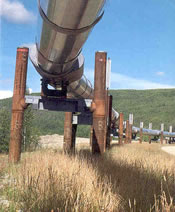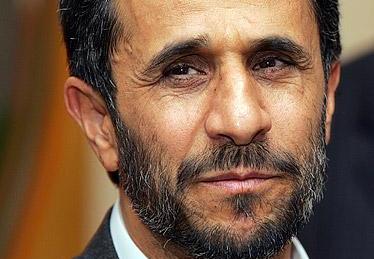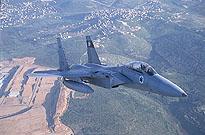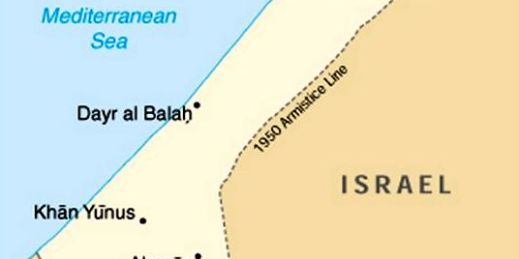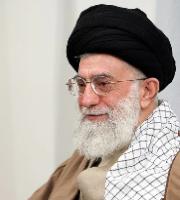
SLIM PICKINGS FOR FACT FINDERS — Now that both major U.S. political parties have their presidential candidates, a continuous procession of foreign government officials, politicians, and prominent journalists has come to Washington in pursuit of one objective: gaining information about what to expect from either presidency. Sen. Barack Obama (D-Ill.) was an unknown quantity to foreign governments when he began his successful race for the Democratic nomination, and is still largely an unknown quantity today. In many areas, Sen. John McCain (R-Ariz.) is no better. Hence foreign governments’ quest for information on each candidate’s position on energy, the environment, immigration, […]

